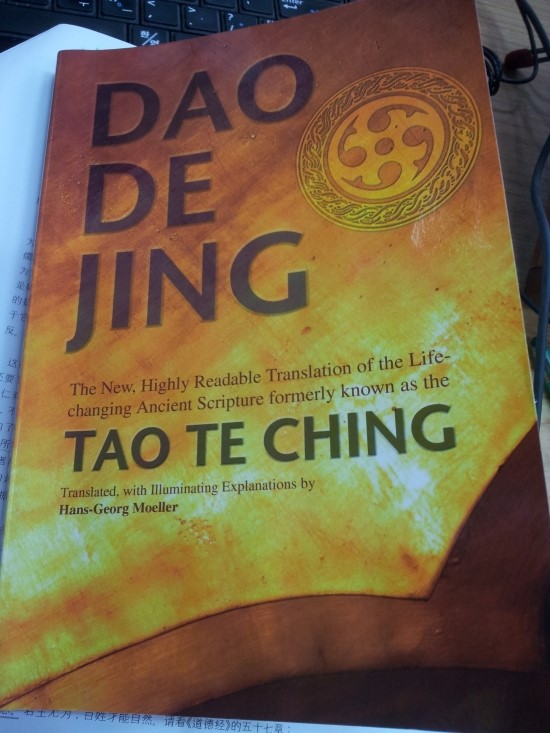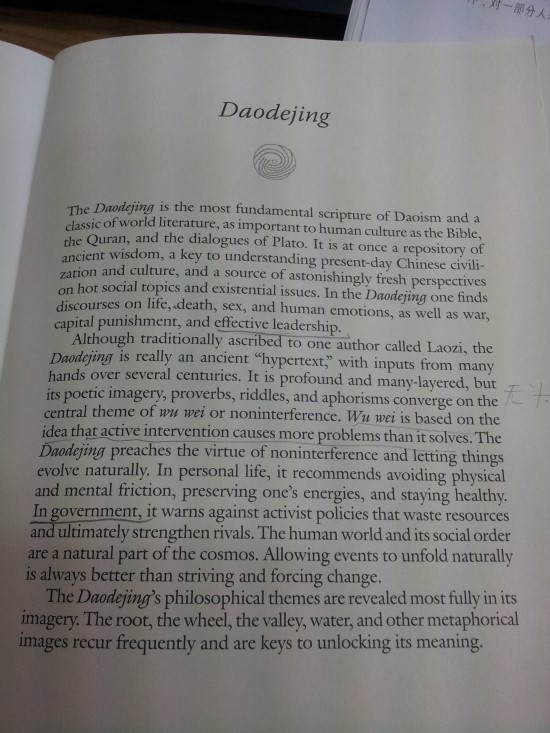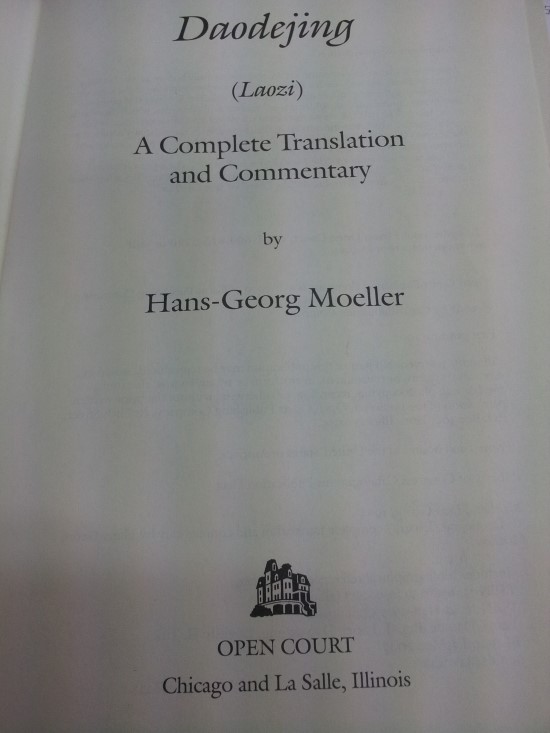From other countries
Nasia
5.0 out of 5 stars Interesting perspectiveReviewed in the United Kingdom on 15 August 2021
Verified Purchase
Like how it looks at authenticity and online identity in a critical way, drawing on examples, philosophy and studies instead of expounding the empty platitudes one might expect on a topic like this!
One person found this helpfulReport abuse
Lukas
5.0 out of 5 stars A very interesting and insightful formulation of identity - with useful adviceReviewed in Canada on 18 July 2021
Verified Purchase
I appreciated this book immensely. I enjoyed the interweaving of contemporary and historical examples, concerns, ideas, and formulations - espoused in a sometimes very witty way. In combination with my notes, I look forward to reviewing the final two chapters a few more times in the near and distant future to gain as much of an understanding of "genuine pretending" as I think I can.
Report abuse
APublicName
5.0 out of 5 stars Thinking of identity differentlyReviewed in the United States on 9 November 2021
Verified Purchase
I'm rating it five stars because finishing this book feels like the end (or at least a major milestone) of a journey I've been on ever since I stumbled upon Hans-Georg Moeller's and co.'s YouTube channel. The ideas presented and their implications for the real world are mind blowing to me. This book does a great job of explaining those ideas in more detail, presenting a thought provoking perspective on the history of identity(which is something I didn't even know was a thing) and making me feel more at ease with the brand new world the internet is curating. Can't wait to see what these philosophers come up with next.
Report abuse
You and Your Profile: Identity After Authenticity
This book argues that the profile marks an epochal shift in our concept of identity and demonstrates why that matters. You and Your Profile blends social theory, philosophy, and cultural critique to unfold an exploration of the way we have come to experience the world. Instead of polemicizing against the profile, Hans-Georg Moeller and Paul J. D'Ambrosio outline how it works, how we readily apply it in our daily lives, and how it shapes our values--personally, economically, and ethically. They develop a practical vocabulary of life in the digital age. Informed by the Daoist tradition, they suggest strategies for handling the pressure of social media by distancing oneself from one's public face. A deft and wide-ranging consideration of our era's identity crisis, this book provides vital clues on how to stay sane in a time of proliferating profiles. (less)

For me, I grew increasingly disillusioned with social media and the behaviors it encourages so I deleted my accounts after more than a decade of personal brand building and online business. It sucks to be "off the grid" so to speak, but it's refreshing to live my life without worrying about how I will present it to others. That "second order observation" thing the author speaks of.
I was hoping this book might help me feel better about my discomfort with authenticity vs managing different online profiles, but not really. I mean, at least I can recognize more that what you post online doesn't have to be authentic - but I have a hard time lying or being dishonest. But if I could adopt a more "genuine pretending" attitude, perhaps I could do it. Heck, even writing this review is exhausting because I want to make sure I say how I feel and it's communicated well enough for this "general other" reader to get it.
I've thought about deleting this review entirely because it's taken me a lot of time to gather my thoughts and put them into words, but I also want to contribute and I love reading other people's reviews of stuff. I enjoy hearing what other people have to say... the discussion... even though it's not a real discussion, it's the closest I can get. It's not like I can talk about this book with my IRL friends who haven't read it. So I'll need to write this review to put myself "out there" to be seen and accept the fact that it might be disjointed or incoherent, or not perfectly communicate the essence of how I "authentically" feel about this book. It's only a sliver of my opinion. Which if this was a real conversation, my presence and "beingness" would also be there, my face, my enthusiasm, the back and forth banter, etc. But now, this is just another review to be consumed in a non-linear fashion - that could be read years from my actual writing of it.
Anyway, I've said enough. You get the gist!
(less)

Interesting thesis that casts identity as a sort of technology, "profilicity" being the latest stage in its evolution, where we build identity to "be seen being seen" with an obligation to regularly invest in and tend to our curated portfolio of disparate personas. Builds on prior work that describes the mechanics and ethics of prior "sincerity" and authenticity identity regimes and makes a case for viewing them all with a Daoist-inspired detachment rather than becoming overinvested in them at the cost of our sanity - on their view, all methods of identity formation have failure modes.
Raised many more questions that are hinted at but are out of scope: what are the hard psychological limits run up against when maintaining a profilitic identity? Is the call for a return to a sincerity the warning sign for a hard and potentially devastating reaction? It's hard to see how we could turn back the clock on the advent of profilicity without burning down all the components of the modern world that gave rise to it in the first place. What concrete predictions does this model make, or how does it resolve apparent paradoxes in current views on identity? (This last question is addressed somewhat in Moeller's YouTube videos that try to bring these ideas to bear against other specific social and cultural phenomena such as so-called Wokeism, (somewhat awkwardly) BreadTube personality curation, selfie culture, etc.
I generally don't read this sort of philosophy and while I'm not totally sold on it long term I really enjoyed learning about conceptions of identity and considering that my preferred mode (authenticity) has its own flaws, and I'm open to the idea that profilicity is not especially bad, and in fact has the potential to stabilize increasingly plural societies by providing the flexibility of persona switching that prior modes of identity can't abide. (less)

So, here I am posting this review on Goodreads, and cross posting to Facebook. In this way I can be seen as having read this book, and formulated some salient opinions. Likewise, by referencing this I am seen to acknowledge the purpose of this review. (less)

preliminary notes based on the author's youtube:
-why is the influence of social media validation feedback loops through reddit karma and the like any more or less pernicious than more prosaic forms of influence and manipulation found in the past? It's not like people *don't* wear masks in public. They do, if less than they have historically. I'm thoroughly unconvinced "profilicity" is a useful narrative here.
-I recall some empirical literature which found that people are generally more authentic online, which is an interesting counterpoint to this. What the author is describing may just be the rise of networking culture and brand management, which is, to say the least, very contingent, like all things.
-I'm admittedly sensitive to stuff like this which is, even implicitly, cynical about social media. I've made several great friends over the internet who I have never met in real life, and I still have several friends in "real" life. It never seemed meaningfully distinct. I spoke in electrons instead of sound waves.
-Mostly unrelated to the book but I'm skeptical of this metanarrative of sincerity -> authenticity, even leaving out the hypothesized profilicity. Like so many things that we think originated in the enlightenment it probably has plenty historical parallels that go disregarded. I'm reminded here of anthropological lit which often undermines modernist metanarratives about the progress of history by showing that past societies are often shockingly similar to ours. (less)

I'm rating it five stars because finishing this book feels like the end (or at least a major milestone) of a journey I've been on ever since I stumbled upon Hans-Georg Moeller's and co.'s YouTube channel. The ideas presented and their implications for the real world are mind blowing to me. This book does a great job of explaining those ideas in more detail, presenting a thought provoking perspective on the history of identity(which is something I didn't even know was a thing) and making me feel more at ease with the brand new world the internet is curating. Can't wait to see what these philosophers come up with next. (less)

Jokes aside, probably the most important book that I’ve read this year. Kinda helped me to establish my relationship to different modes of my life and especially to madness online. Though, it’s not a self help book or something. It’s a solid academic piece but written in a very accessible manner, which I appreciate a lot. Authors of this book also have a good YouTube channel.




Highly recommended.
.

![You and Your Profile: Identity After Authenticity by [Hans-Georg Moeller, Paul J. D'Ambrosio]](https://m.media-amazon.com/images/I/51iFhDSzF+L.jpg)


 Audiobook
Audiobook







